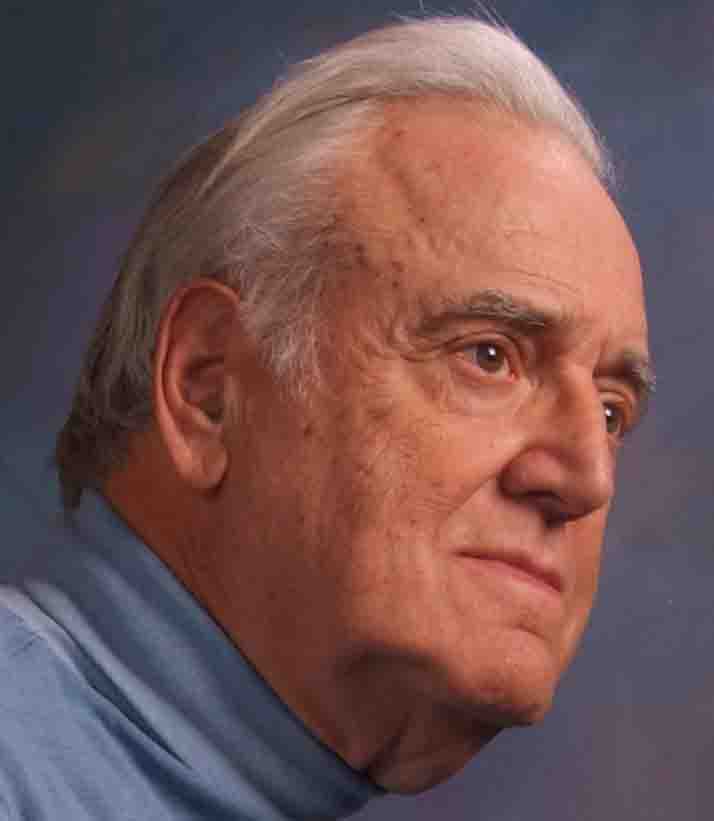At liberal Kenyon College, where students had registered in record numbers, local election officials provided only two voting machines to handle the anticipated surge of up to 1,300 voters. Meanwhile, fundamentalist students at nearby Mount Vernon Nazarene University had one machine for 100 voters and faced no lines at all.
Surely the election officials knew in April that Kenyon College was strongly liberal, and Nazerene College was conservative. Why the misallocation?
Explanation please, Mr. Manjoo?
Manjoo's dismissal of statistical evidence is absurd. Because a paraphrase of Manjoo's treatment of statistical proof may appear too outlandish to be believable, a direct quotation is in order.
As for Freeman's 660,000 to 1 statistic [of the improbability of random error], it is irrelevant... The statistic measures the probability that the errors in Pennsylvania, Ohio and Florida occurred due to chance or random error, and according to Freeman, that probability is very low. But nobody argues the errors happened by chance. Everyone in the exit poll debate agrees that there was a systematic cause for the errors in the poll. Freeman, Kennedy, et al., claim that the systematic cause was fraud, while Mitofsky and many in the polling community claim the cause was a problem with the poll. So Freeman's argument that it would take preposterous odds to produce a random sampling error is a straw-man assertion. [My emphases, EP]
Of course "nobody argues the errors happened by chance"! Freeman's whole point is that chance error is in effect impossible. But that doesn't make the statistic "irrelevant" or the argument "a straw man." On the contrary, the statistic, and the entailed "impossibility," is central to Freeman's argument.
Is Manjoo really so foolish as to believe this nonsense? I doubt it, for he is obviously a bright fellow. But he apparently hopes that his readers are fools. Well, not all of us are.
So we are left with this: Yes, random error is impossible, therefore, yes, there was "systematic cause" for errors. Lacking plausible explanation of error in exit poll design and execution, the compelling conclusion is fraud.
But is there a plausible explanation in design and execution of the exit polls? Manjoo says yes, and so to this consideration we now turn.
The desperate attempt to explain away the exit polls. Logicians and Philosophers of Science describe "ad hoc hypotheses" as assertions that explain (better, "explain-away") phenomena, although these assertions are without any independent evidential warrant. Scholarly Choctaw aside, the concept can be clearly illustrated by examples.
Q: "Why haven't any of Saddam's weapons of mass destruction been found?" Ans.: "They were all shipped out and hidden in Syria." (That's the ad hoc hypothesis). Q: "Any evidence of this?" Ans: "Unfortunately, no." ("But just you wait!").
Fundie preachers are notoriously attracted to ad hoc explanations; for example, the Pat Robertson/Jerry Falwell explanation of the 9/11 attacks as God's punishment of America for tolerating homosexuality, abortion and the ACLU.
A final example: When, as a child, I asked how, if God created the world in 4004BC, there are dinosaur bones in the ground. I was told that "it is possible that Satan put them there to lead us astray." Any independent evidence of this? Of course not! (This is where "faith" comes to the rescue).
"Ad hoc-ery" is commonly revealed by such phrases as "it is possible that..." and "could have..." and "there is reason to believe..."
Consider now the theory that the exit poll "error" predicting the Kerry victory was the result of "the over-sampled Kerry voters."
"According to [Warren Mitofsky, whose polling group administered the exit polls] interviewers assigned to talk to voters as they left the polls appear to be slightly more inclined to seek out Kerry voters than Bush voters. Kerry voters were thus overrepresented in the poll by a small margin.
(Note: You can view every article as one long page if you sign up as an Advocate Member, or higher).





